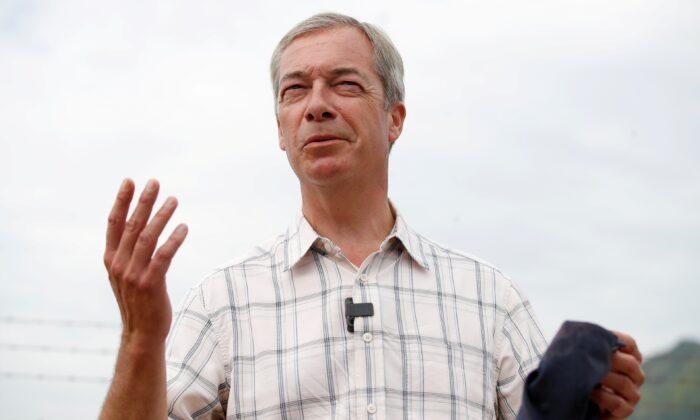The government has announced plans to abolish so-called “no-fault evictions” as part of its overhaul of housing laws.
The bill also seeks to make it illegal for landlords and agents to impose blanket bans on renting to benefit claimants or families with children, and applies “decent home” quality standards to the private rented sector for the first time.
‘Fairness’
Housing Secretary Michael Gove said the plans represent a “new deal” with “fairness at its heart.”“Too many renters are living in damp, unsafe, cold homes, powerless to put things right, and with the threat of sudden eviction hanging over them,” he said.
“This government is determined to tackle these injustices by offering a new deal to those living in the private rented sector—one with quality, affordability, and fairness at its heart.”

Gove said the bill will also support “the vast majority of responsible landlords who provide quality homes to their tenants” by strengthening powers to evict anti-social tenants.
It will broaden the disruptive and harmful activities that can lead to eviction, and make it quicker to evict a tenant acting anti-socially, the government said.
‘Long Overdue’
The plans were also broadly welcomed by the Labour Party.Labour leader Sir Keir Starmer told “BBC Breakfast”: “This is a step in the right direction. I do think that having promised it in 2019, they could have done it a bit more quickly.”
Dan Wilson Craw, acting director of campaign group Generation Rent, said the legislation is a “huge opportunity” to improve the lives of tenants across England and take away “much of the stress of renting.”
Owen Sharp, chief executive of the Dogs Trust, said the reforms are a “potential game-changer” for responsible dog owners who rent.
Siobhan Donnachie, spokeswoman for the London Renters Union, branded the bill “long overdue” and said it doesn’t go far enough.
‘Politicisation’
Ben Beadle, chief executive of the National Residential Landlords Association, suggested that the bill lacks detail.He said it will “only exacerbate the rental housing supply crisis” if responsible landlords cannot be confident they can repossess their properties as quickly as possible where they have a legitimate reason.
The Institute of Economic Affairs (IEA), a free market think tank, said the rules risked backfiring.
IEA Communications Director Matthew Lesh said: “Making it harder to evict residents is only likely to make it harder to rent. Landlords will inevitably be more selective about who they offer properties to and charge higher rents when they cannot quickly evict bad tenants. That is likely to disproportionately hurt those who are poorer, younger, and from minority communities.”
Former Conservative minister Lord Frost also criticised the bill, calling it part of the ongoing trend of “the politicisation of every activity and every choice you make, the endless hectoring, the constant suggestion that the government has the right to dictate how you behave when it has socialised the costs, the dangerous and counter-productive intrusion into private property.”
“I think the right thing to do is to reverse the powers of government over our everyday lives,” he told the National Conservatism conference in London.





